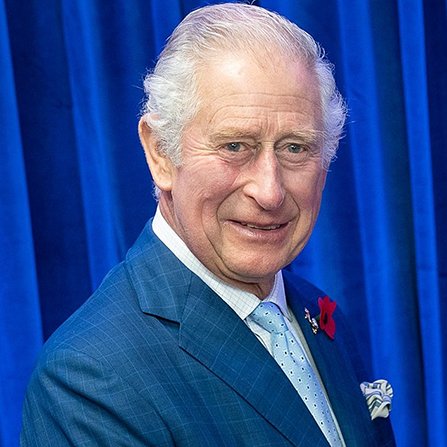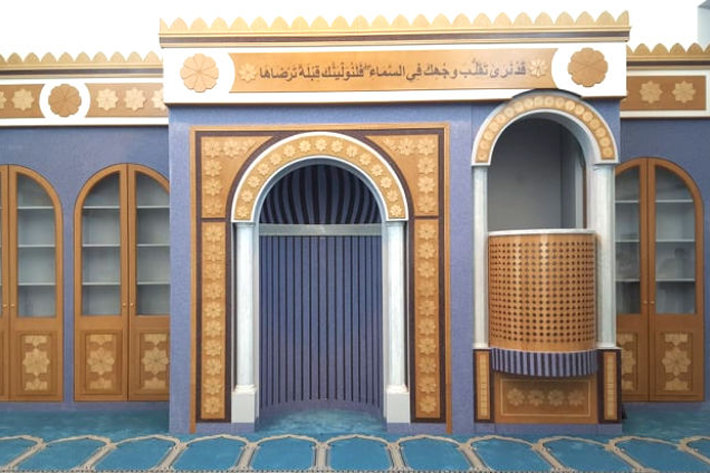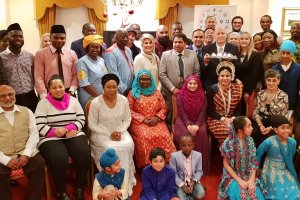King Charles III was four, going on five when he witnessed his mother’s coronation on June 2, 1953.
The UK’s demographic landscape was much different then. More than four out of five people in England were Christian at that time. That number is now less than half, with more than a third affiliating with no religion, another 6.5 percent identifying as Muslim and 1.7 percent as Hindu.
In London, over 25 percent are non-Christian.
As the leader and supreme governor of the Church of England, Charles has long been aware of the tectonic shift in faith from Christianity to diversity. For decades he set an example, being inclusive of other religions, once calling Islam “one of the greatest treasuries of accumulated wisdom and spiritual knowledge available to humanity.”
Inheriting the patronage of the Holocaust Memorial Day Trust from the Queen, he described his relationship with the Jewish community as “special and precious” and coming “directly into the heart of my own family.” Three years ago, he spoke eloquently and movingly on the passing of his dear friend, Rabbi Jonathan Sacks, Chief Rabbi of the United Hebrew Congregations of the Commonwealth, using, as he spoke, traditional Hebrew phrases of consolation and respect.
The new King believes in the healing power of yoga, has sat on the floor with other congregants at the opening of a Sikh house of worship, and has been the sponsor of the Oxford Centre for Islamic Studies for the past 30 years.
This past September, he reaffirmed his commitment to diversity, telling a gathering of faith leaders, “I have always thought of Britain as a ‘community of communities. That has led me to understand that the Sovereign has an additional duty — less formally recognized but to be no less diligently discharged. It is the duty to protect the diversity of our country, including by protecting the space for faith itself and its practice through the religions, cultures, traditions and beliefs to which our hearts and minds direct us as individuals.”
Farhan Nizami, director of the Oxford Centre for Islamic Studies—which, thanks to Charles’ patronage, has grown from a plain wooden building to a complex with its own library, conference rooms and mosque—said, “It is very important that we have a king who has been consistently committed to (inclusivity). It is so relevant in the modern age, with all the mobility, with the difference and diversity that exists, that the head of this state should bring people together, both by example and action.”
The new King, who in the 1990s suggested a change in the monarch’s title from “defender of the faith,”—meaning Christianity—to simply “defender of faith,” will have his commitment to diversity on display at his coronation this month when religious leaders of the Buddhist, Hindu, Jewish, Muslim and Sikh faiths will play an active role in the ceremonies, a first in a 1,000-year-old tradition steeped in Christianity.
Though Church of England clergy will conduct the central religious elements of the crowning, including other religions signals a nod to changing times and modernity.
Cardinal Vincent Nichols, the most senior Catholic clergyman in England, is happy with the change and pointed out that hundreds of years of friction between Catholics and Anglicans finally dissolved during Charles’ predecessor’s reign. Including other faiths during the coronation is the continuation of that trend. The Cardinal, too, will be in the Abbey during the ceremony.
“I get lots of privileges,” he said, smiling. “But this will be one of the greatest, I think, to play a part in the coronation of the monarch.”
_______________
From its beginnings, the Church of Scientology has recognized that freedom of religion is a fundamental human right. In a world where conflicts are often traceable to intolerance of others’ religious beliefs and practices, the Church has, for more than 50 years, made the preservation of religious liberty an overriding concern.
The Church publishes this blog to help create a better understanding of the freedom of religion and belief and provide news on religious freedom and issues affecting this freedom around the world.
The Founder of the Scientology religion is L. Ron Hubbard and Mr. David Miscavige is the religion’s ecclesiastical leader.
For more information visit the Scientology website or Scientology Network.



